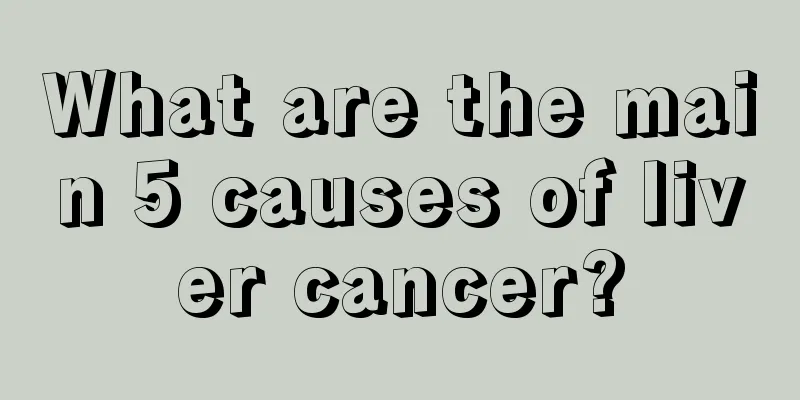Breast cancer chemotherapy side effects

|
The side effects of chemotherapy for breast cancer include: 1. Hair loss: Hair loss is caused by damage to hair follicles by chemotherapy drugs. This hair loss is temporary and can be recovered later; 2. Gastrointestinal reactions: Symptoms such as nausea, vomiting, and poor appetite can be controlled by medication as prescribed by the doctor; 3. Oral mucosal damage: Such as oral ulcers and pain, which can be controlled under the guidance of a dentist; 4. Bone marrow suppression: Causes a decrease in red blood cell, white blood cell, and platelet counts; 5. Some patients experience constipation or diarrhea. How to maintain breast cancer after chemotherapy The irradiated area after radiotherapy for breast cancer is relatively fragile. Both physical and chemical stimulation will affect the healing of the patient's irradiated area. Therefore, if the patient's skin becomes itchy after radiotherapy, scratching and applying irritating liquids are not conducive to the patient's recovery. Patients should reduce stimulation to the irradiated area. The lungs of some patients may be slightly affected, and colds should be prevented as much as possible to reduce the chance of respiratory infections. Postoperative chemotherapy has a lasting effect on patients. Some patients have persistent bone marrow suppression and a continuous decrease in white blood cells after chemotherapy. In this case, it is recommended that patients follow the doctor's orders to take medication, supplement nutrition, and speed up recovery. What to do if you don't have your period after chemotherapy for breast cancer Since chemotherapy drugs affect ovarian function, resulting in a decrease in ovarian estrogen secretion, which in turn affects the menstrual cycle, causing amenorrhea in breast cancer patients after chemotherapy. If the condition is well controlled, the patient's menstrual cycle will gradually return to normal after the chemotherapy cycle. Since most chemotherapy drugs or breast endocrine therapy drugs can cause endometrial thickening, if the patient's menstrual cycle still does not improve after stopping chemotherapy, a gynecological examination is required to determine whether the endometrium is thickened. If there is a trend of thickening in the endometrium, the patient needs to undergo diagnostic curettage or take the corresponding oral medication for treatment. |
<<: Will stomach cancer cause constipation and farting?
>>: Will cervical cancer cause lower back pain and bleeding?
Recommend
Why do I want to vomit when I smell fishy smell?
Seafood is very popular among everyone. It is not...
Will the thread-embedded bumps disappear on their own?
It is girls’ nature to love beauty, and as cosmet...
How to reduce fat cells
Nothing can stop the pursuit of beauty. Therefore...
How to diagnose skin cancer? 3 dietary treatments you must know for skin cancer
As the incidence of skin cancer increases, more a...
Is there a painless IUD?
For today's young friends, they do not want t...
Methods for rapid detection of food poisoning
When the hot summer comes, due to the hot weather...
How do multiple liver cysts form?
Multiple liver cysts are a common symptom, which ...
What effects does blood washing have on the body
Blood washing is a relatively unfamiliar word for...
The dangers of aspartame
When it comes to aspartame, many people may not k...
Cervical cancer turns to lymphoma turns to cystic
There is generally no direct relationship between...
Is esophageal tumor serious?
Most people will be extremely worried when they h...
Malignant melanoma can cause patients to compress nearby nerves
According to experts, malignant melanoma is a typ...
What are the main uses of lotus root starch
Lotus root powder is the processed lotus root tha...
What stage is the lymph node metastasis of kidney cancer?
Renal cancer lymph node metastasis generally belo...
What are the side effects of silicone rhinoplasty?
Using silicone to perform rhinoplasty is actually...









